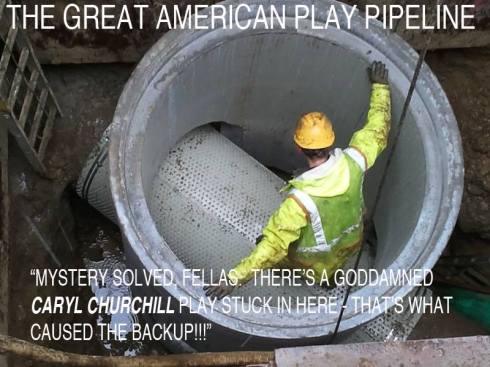It’s been a rough week for news. 26 people, 20 of them children, were murdered in a school in Connecticut by a gunman whose profile sounds all too familiar– an isolated young white man. There may actually be action on gun control after this latest horror.
My focus isn’t this terrible event itself, though along with the rest of the country, I’m gutted by it and send love and sympathy to the bereaved. I want instead to comment on a seemingly insignificant aspect of the response and suggest that it taps into something troubling.
Overwhelmingly, comment has centered on how “parents everywhere” are devastated. True, of course. But I am not a parent and I don’t want to see children murdered either. The whole exercise of empathy or compassion, it seems to me, requires the moral and imaginative leap of putting oneself in others’ shoes—shoes of a different size, made of other materials, made for feet unlike my own.
Over and over in the U.S., I hear “Speaking as a single mom” or “As an African-American playwright” or “As a person struggling with X…” The claim to authority comes from lived experience, and that’s reasonable.
But what about UNlived experience? What is art and literature for? I may need to be (say) a Latina to fully grasp how society positions me as such– but is it a requirement of empathy? To imagine life otherwise? Shouldn’t I at least try to do the imperfect work of imagination and empathy? If it’s only parents who can imagine the pain of parents… if it’s only other white women can imagine my tribulations in trying to be staged on equal terms with white male playwrights… in short, if one can only imagine one’s own demographic, that isn’t empathy at all. It’s a form of projected narcissism.
I think there is a connection between the shriveling of arts education in schools and the language of identity politics, when shorn of social complexity and used as short-hand. We need to make a better case for what art and art-making can offer, beyond the twin traps that not-for-profit “mission” thinking often springs–the instrumental and the uplifting. That line of argument says that art is USEFUL because it improves grades, earns $, etc. Or, that there is a moral purpose to art delivered through theme and content (UPLIFTING). Both arguments degrade a core value of art, which is to extend imagination and push us to see (and create) the world differently.
This is the radical potential of art: Things could be otherwise. If you believe that, and you believe that you can approach another’s experience (however imperfectly) then both change, and human connection, are possible because they are conceivable. And hope leads to better places than despair.

